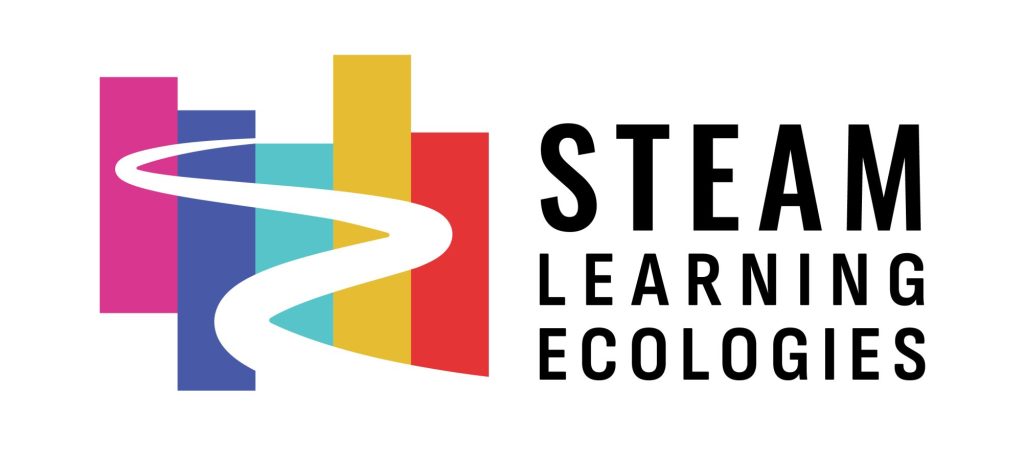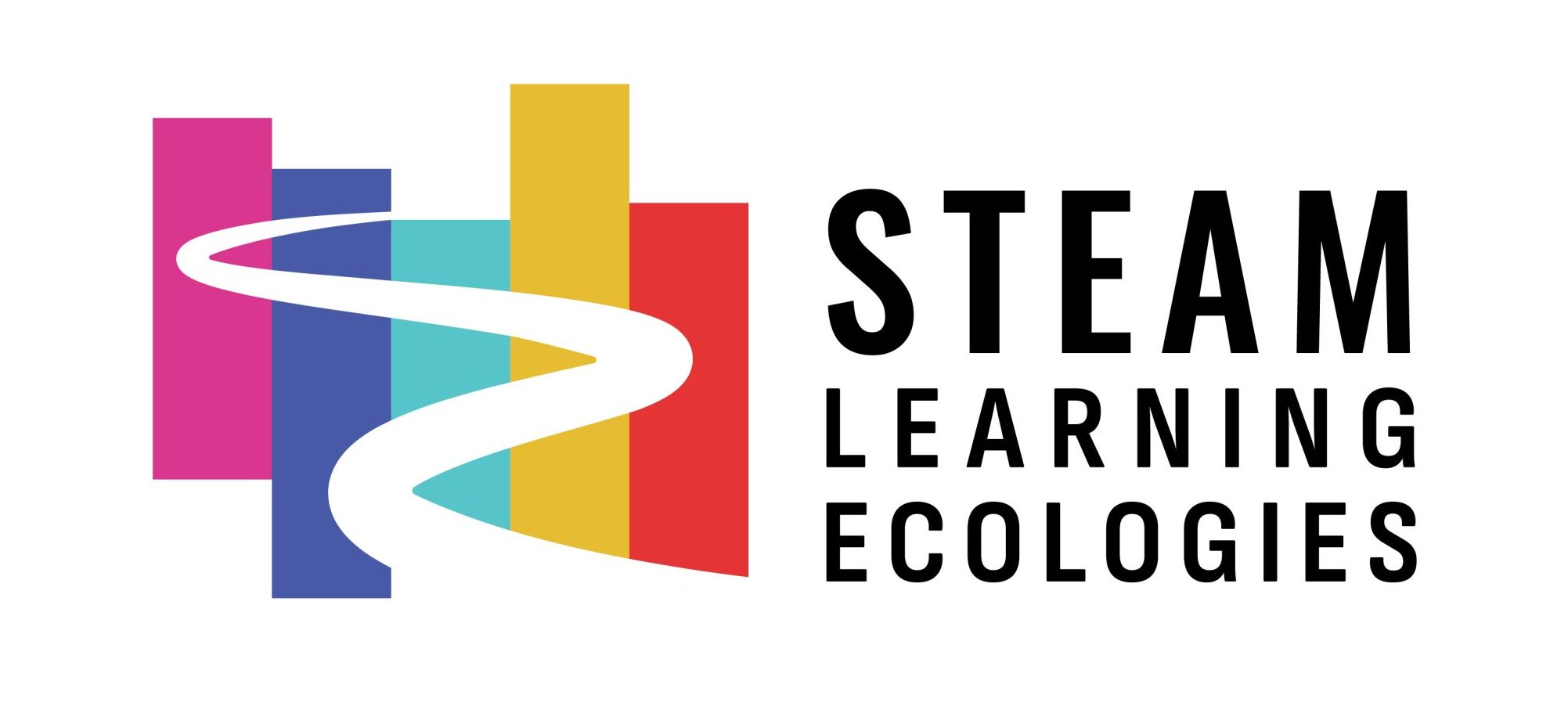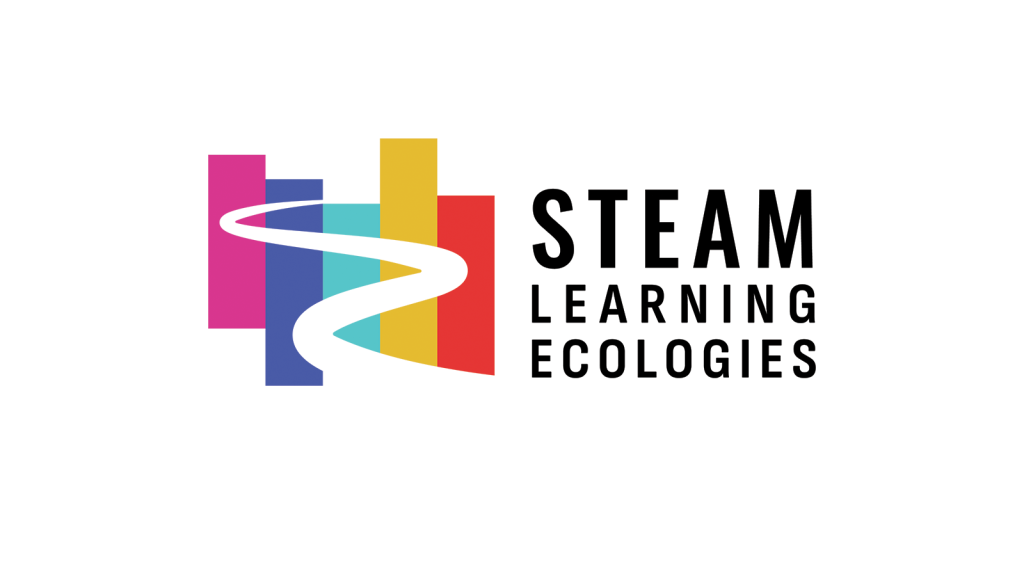On 20th September 2023, EUN (European Schoolnet), the Coordinator of the STE(A)M Learning Ecologies (SLEs) held an online 1.5 hour-long SLEs Pilot Facilitation workshop, attended by 36 participants including SLEs project partners, teachers and educators, and stakeholders such as representatives from industry, academia and civil society, policy makers, and science museum professionals.
The objectives of the workshop were to provide participants a deeper understanding of open schooling and SLEs project, encourage exchange between participants, reflect on the SLEs pilot and provide overall support to the various National Coordinators, initiators and stakeholders involved in the pilot cycle of the project,
The first part of the workshop focused on shedding light on the vision behind the project and the STE(A)M Learning Ecology concept as well as on some practical dimensions of an SLE (duration, stakeholders, activities, role of national coordinators etc.). This was followed by a discussion on the key characteristics that contribute to the successful design/implementation of an SLE.
Afterwards, in breakout rooms, the participants discussed the key challenges/problems they might encounter during the SLE implementation phase in their country. Participants were also asked to discuss about possible solutions, strategies, resources that can help them and their stakeholders deal with the identified challenges and problems. Each group reported the outcome of the discussion during the plenary session.
In the concluding part of the workshop, we explored the concept of SLEs learning products in depth. The discussion encompassed their precise definition, the rationale behind their significance, and some interesting examples.
The workshop’s closure featured the announcement of a series of upcoming events, accompanied by a collection of essential resources aiming to assist participants in effectively implementing their SLEs.
Overall, the workshop was successful in creating a space for fruitful discussion and exchange of ideas and laid the foundation for future workshops and events.




